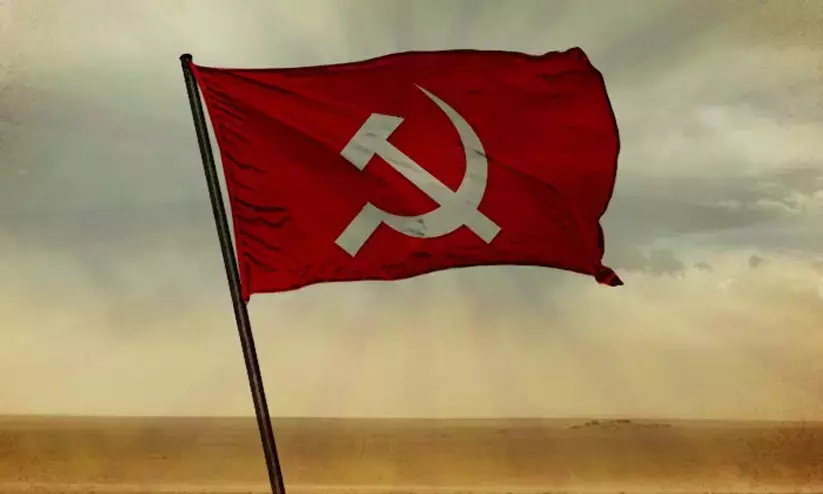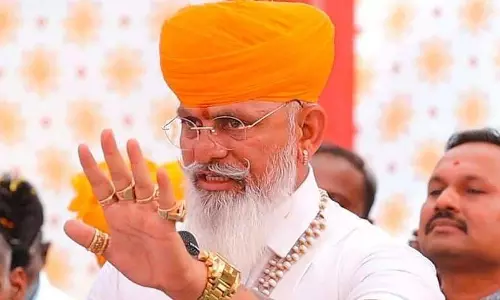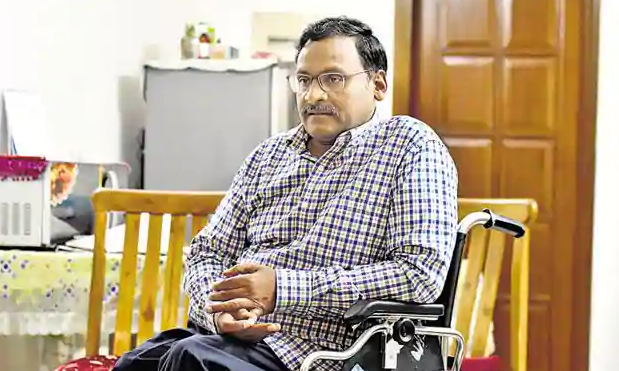
Maha government moves SC against GN Saibaba's acquittal
text_fieldsProfessor Saibaba _file
New Delhi: Following the acquittal of former Delhi University professor G N Saibaba in a case in which he was accused of having links with the banned CPI (Maoist), the Maharashtra government moved to the Supreme Court on Tuesday, challenging the verdict, PTI reported.
On Tuesday, the Bombay High Court acquitted former Saibaba and five others in the case. A bench of justices Vinay Joshi and Valmiki SA Menezes overturned a Nagpur sessions court ruling that convicted GN Saibaba and others in 2017.
The Bombay High Court bench announced the ruling after revisiting GN Saibaba's appeal after an earlier bench of the high court acquitted the disabled professor on October 14, 2022, according to Bar and Bench, Hindustan Times reported.
The court stated that it was acquitting all of the accused because the prosecution failed to prove the case beyond a reasonable doubt against them. It also declared the sanction obtained by the prosecution to charge the accused "null and void" under the strict terms of the Unlawful Activities (Prevention) Act (UAPA).
While the prosecution did not request a stay of the high court's order, it stated that it intended to file an appeal in the Supreme Court immediately.
GN Saibaba, 54, is wheelchair-bound and 99% handicapped. He is now held in Nagpur Central Jail.
In 2017, a sessions court in Maharashtra's Gadchiroli district convicted Saibaba and five others, including a journalist and a Jawaharlal Nehru University (JNU) student, of having Maoist affiliations and engaging in acts that amounted to waging war against the country. The trial court found them guilty under several sections of the UAPA and the Indian Penal Code.
On October 14, 2022, another bench of the high court acquitted Saibaba, stating that the trial processes were "null and void" in the lack of a valid sanction under UAPA.
The Maharashtra government filed a petition with the Supreme Court on the same day, appealing the ruling.
The Supreme Court initially upheld the ruling, but in April 2023, it overturned the high court order and ordered a new hearing on Saibaba's appeal.























